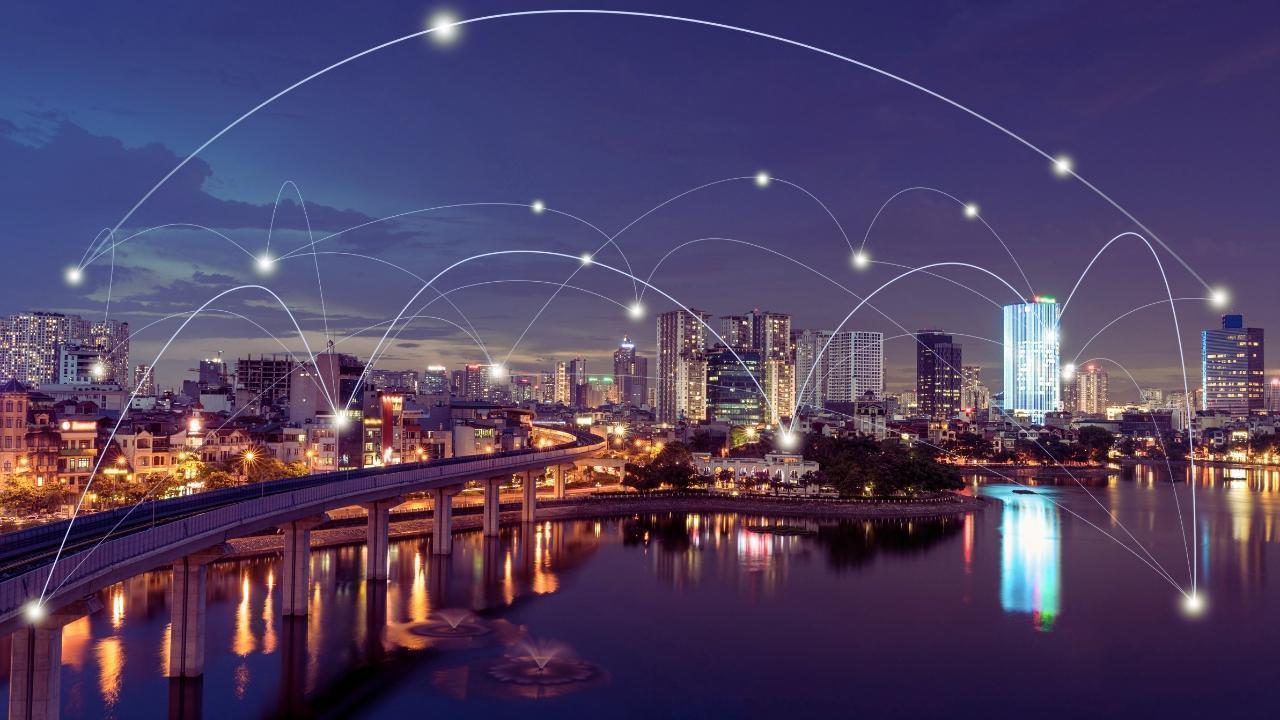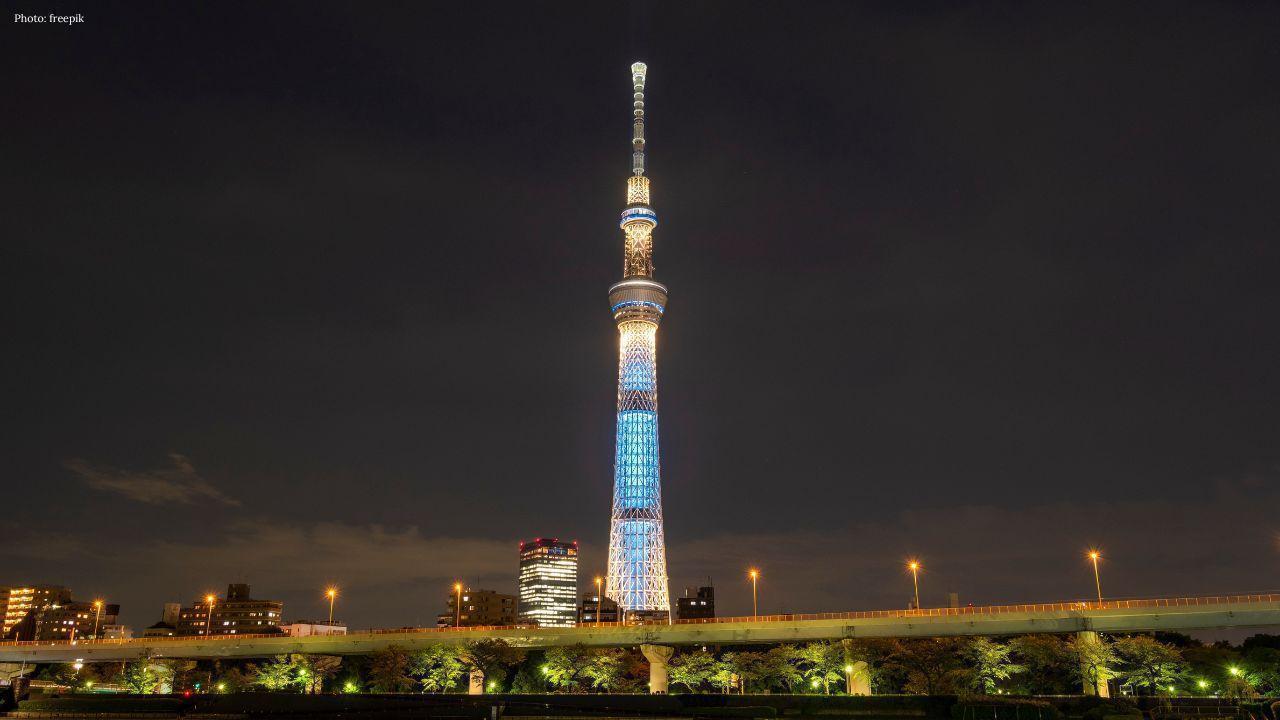You have not yet added any article to your bookmarks!

Join 10k+ people to get notified about new posts, news and tips.
Do not worry we don't spam!

Post by : Anis Farhan
Asia is in the midst of one of the most ambitious urban transformations in human history. As its cities expand at unprecedented rates, governments and private enterprises are embracing technology to create “smart cities” — urban centers designed to improve the quality of life, optimize resource use, and minimize environmental impact. The concept is not new, but in Asia, the pace and scale of implementation are unmatched.
From Singapore’s integrated traffic management systems to South Korea’s sensor-rich Songdo, and from India’s smart governance platforms to China’s AI-driven urban security, smart cities across Asia are evolving into models of innovation. They are not just technology showcases but also real-world experiments in managing complex urban challenges.
The smart city concept has gained traction in Asia for a few compelling reasons. First, the region’s rapid urbanization means millions of people are migrating to cities each year, straining infrastructure and resources. Second, the availability of advanced technology — from Internet of Things (IoT) networks to AI — provides the tools to address these challenges. Third, governments are making significant policy and financial commitments to push these transformations forward.
Singapore remains the undisputed leader in smart city rankings. It integrates transportation, healthcare, housing, and energy systems into a cohesive digital ecosystem, where citizens can access services with minimal friction. Meanwhile, cities like Shanghai, Tokyo, Kuala Lumpur, and Bangkok are making significant strides, embedding sensors, data analytics, and automation into the urban fabric.
Technology is the core of any smart city, and in Asia, it manifests in several transformative ways:
IoT Integration: Billions of interconnected devices feed real-time data to city management systems. This includes sensors in roads for traffic flow analysis, water quality monitors in municipal systems, and air pollution trackers on public transport.
Artificial Intelligence: AI analyzes vast datasets to predict and respond to issues before they escalate — for example, rerouting traffic during peak congestion or anticipating energy demand spikes.
5G Networks: Ultra-fast connectivity enables real-time communication between systems, from autonomous vehicles to smart utility grids.
Blockchain for Governance: In some regions, blockchain technology is being tested for secure, transparent public transactions, such as land registry and voting.
Asia’s smart cities are not just about efficiency and convenience; sustainability is a central objective. Many are aiming to reduce carbon footprints by integrating renewable energy sources, green architecture, and waste-to-energy plants. For example:
Singapore’s Punggol Digital District combines green building practices with advanced water recycling systems.
Japan’s Fujisawa Sustainable Smart Town runs largely on renewable energy, with solar panels, storage batteries, and electric vehicle infrastructure integrated from the start.
China’s Xiong’an New Area is being built as a model eco-city, with emphasis on green transportation and zero-waste policies.
One of the defining features of smart cities in Asia is how public services are being digitized and optimized. Citizens can now:
Apply for permits, pay bills, and report issues via unified apps.
Use smart public transport systems that predict arrival times with high accuracy.
Benefit from telemedicine and AI-assisted healthcare diagnostics.
Access real-time safety alerts during natural disasters.
This level of integration not only improves efficiency but also builds citizen trust in government systems.
Despite the promise, smart cities face hurdles:
Data Privacy Concerns: With so much personal and behavioral data collected, privacy safeguards become paramount.
Digital Divide: Not all citizens have equal access to smart infrastructure, creating disparities.
Cost of Implementation: Building a truly integrated smart city requires billions in investment.
Cybersecurity Threats: The more connected a city is, the more vulnerable it becomes to cyberattacks.
Governments must balance innovation with ethical, financial, and social considerations.
The next decade will see even deeper integration of emerging technologies like AI-driven governance, autonomous transport, and predictive health monitoring. Cross-border collaborations are already underway — such as Japan and Singapore sharing best practices in disaster resilience and energy efficiency.
Asia’s leadership in smart city innovation is likely to influence global trends. As Western cities grapple with aging infrastructure, they may look to Asia for scalable, technology-driven solutions.
While technology is a powerful enabler, the most successful smart cities will focus on people. Urban spaces must be designed to promote community interaction, inclusivity, and well-being, not just automation. This means balancing high-tech features with green spaces, cultural heritage preservation, and affordable housing.
Cities like Seoul and Taipei are already incorporating this human-centric approach, blending digital innovation with cultural identity to create spaces where residents feel connected both digitally and socially.
This article is for informational purposes only and reflects general developments in smart city technology across Asia. It does not represent an endorsement of any specific project, technology provider, or governmental policy. Readers should verify facts from authoritative sources before making decisions based on this content.










Hiroshima Teacher Arrested for Alleged Sexual Assault of Minor
A 37-year-old high school teacher in Hiroshima was arrested on suspicion of sexually assaulting a te

Tokyo Skytree Reopens After Elevator Malfunction Suspension
Tokyo Skytree resumed operations after a three-day closure caused by an elevator failure that trappe

Skiers Rescue Man Buried Under Snow at California Resort
A dramatic rescue at Palisades Tahoe shows two skiers saving a man suffocating under deep snow durin

Sri Lanka Ex-Intel Chief Arrested Over Easter Attacks
Former SIS Chief Suresh Sallay arrested by CID in connection with the 2019 Easter Sunday bombings th

Japan Reports Spike in Measles Cases Authorities Issue Alert
Japan confirms 43 measles cases in early 2026, prompting health authorities to warn potential contac

Korea US Clash Over West Sea Drill Communication
Conflicting accounts emerge on prior notice briefing, and apology during Feb 18-19 US air exercise i